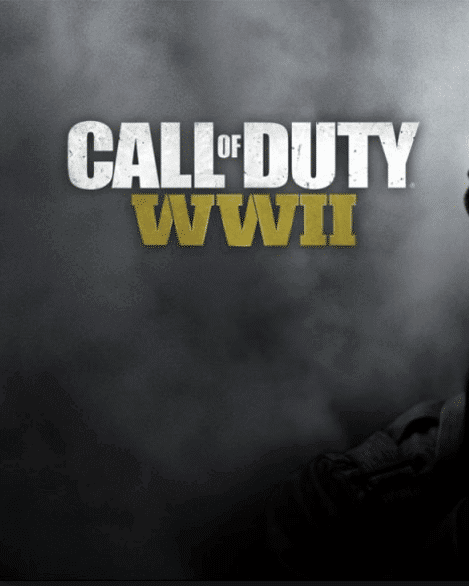

But even with the latest graphics, explosive surround sound, cutscenes that look ripped from a Hollywood blockbuster and dynamic setpieces, I kept feeling like I was seeing something I've already seen a few too many times before. We haven't fought through The Battle of the Bulge in a AAA FPS in a couple of console generations, so the thought of revisiting memorable European Theaters was exciting. This is where nostalgia conflicts with my desire to see something new. The game feels safe and, so long as you're comfortable with that, you're likely going to enjoy what WWII has to offer. The team at Sledgehammer offers a few new twists here and there, but they're relatively small adjustments to a formula that has served the series pretty well for the past 10 years. But what makes this both a blessing and a curse is the fact that we're basically playing a greatest hits album. If you yearn for the good-ole-days when mechanics were more straightforward, abilities were tamer and the conflict was more relatable, then WWII delivers.


Gone are the days of wall-running and grenades that actively seek out the enemy. But after 10 years of increasingly outrageous scenarios, weapons and abilities, the cries shifted to, "Okay, cool, but can we please go back to World War II now?"Ĭall of Duty: WWII feels like a direct response to the flagging interest the community has shown to fighting amongst the stars. Back in 2007, Modern Warfare answered gamers' pleas to play in a setting other than the Second World War. Then came Modern Warfare, completely shifting the focus of first-person shooters and beginning a steady creep further and further into the future. Back when Call of Duty first hit the scene, it seemed like every shooter on the planet was content to return to World War II over and over again.


 0 kommentar(er)
0 kommentar(er)
